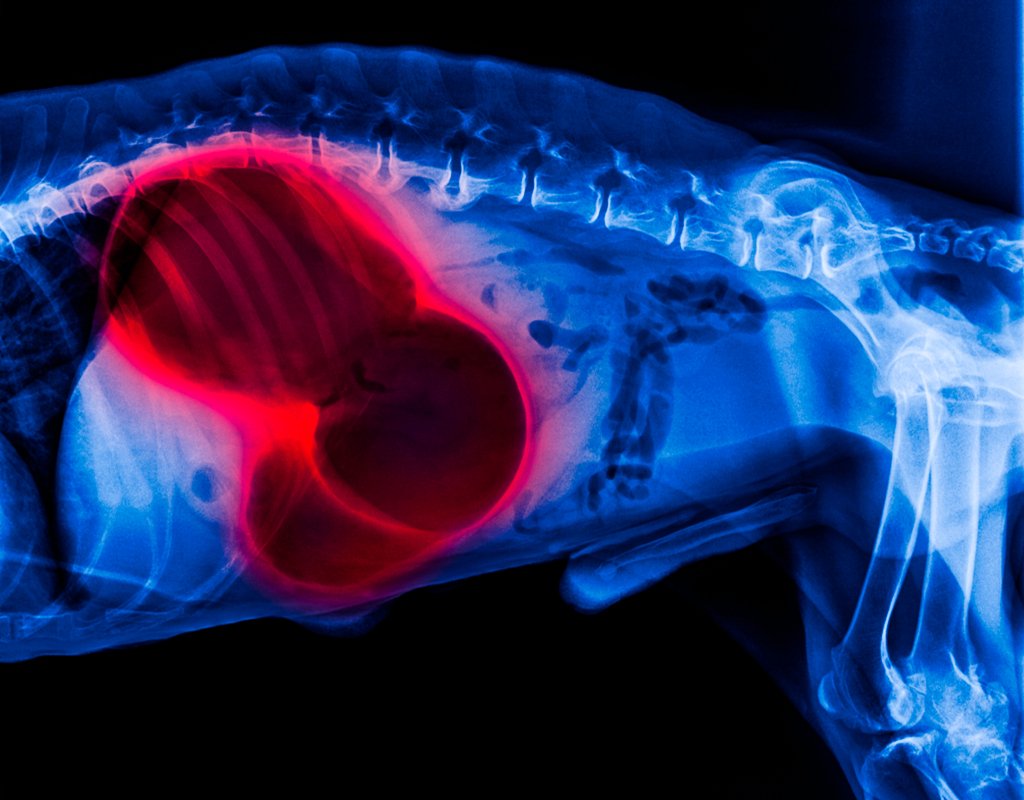
Before we get right into the deep deep dive of kidney disease, let’s first talk about the importance of these vital organs that we may or may not give enough credit to. If we want to begin to understand just how important our kidneys are for preventing certain health concerns, we must talk about what exactly is at risk.
In today’s article, we’ll discuss things you, as paw parents, should know about kidney disease in dogs. Whenever something goes wrong with any vital organs, such as the kidney, it’s a scary situation. With this being said, being able to recognize the early signs and symptoms of organ failure or damage can allow paw parents to act quickly and appropriately towards getting their puppers the necessary medical treatment needed.
In addition, there are numerous preventative measures that you can take and implement in your dog’s life to ensure that their kidneys stay healthy and happy.
Let’s get to it!
Understanding Kidney Function: 7 Benefits
For starters, the kidney is made up of millions and millions of microscopic units called nephrons. These nephrons are responsible for going through and separating chemicals into discarded and reabsorbed back into the bloodstream files. Urine is a byproduct when the discarded chemicals dissolve in water. Kinda cool, right?

1. Vitamin D
Vitamin D is necessary for our doggo’s bones to function properly and absorb phosphorus and calcium. The kidneys work hard to produce an active form of Vitamin D, keeping our furry friend’s bones strong and healthy. If the kidneys are suffering, however, this can cause damage to the rest of the body.
2. Regulates pH Levels
The kidney helps your dog’s body regulate pH levels. As the cells begin to break down in your dog’s system, the cells turn into acids, per se. Different foods can cause cellular changes, resulting in acidic levels being too high or too low. Fortunately enough, the kidney can help regulate these levels by adding or removing acids in the body.
3. Removes Toxins
The kidneys play a key role in removing toxins, waste, and extra fluids from the body on a regular basis. Waste and extra fluids are stored in your dog’s bladder, well, until they urinate. But, if the kidneys are functioning correctly, this accumulation of toxins won’t get properly released and will continue to build up in their body.
This large amount of toxins can lead to irreversible damage for your furry friend. Dogs are exposed to various toxins every day, it is inevitable. But, if their kidneys aren’t able to rid the body of these toxins, this is where an accumulation can build up quickly.
4. Helps Control Blood Pressure
The kidney can help control your canine’s blood pressure. The kidneys are able to work consistently to decrease or increase blood pressure by controlling fluid amounts and producing various hormones to cause their blood vessels to contract or relax. The kidneys can make these changes depending on what your dog’s body needs at any given time. Amazing, right?
Thus, if their kidneys aren’t functioning up to par, high blood pressure can lead to worsened kidney damage. Blood pressure should continuously be monitored, especially if your dog has kidney failure. Medication may be prescribed to help in controlling your dog’s blood pressure.





